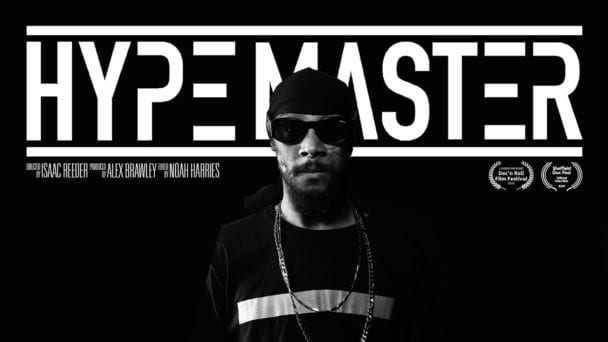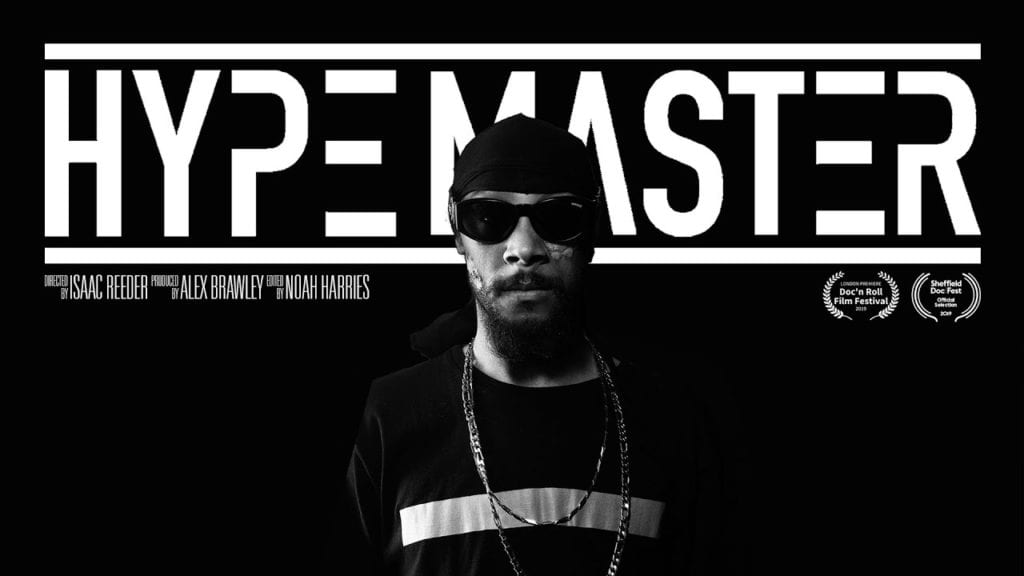
Last week Drum&BassArena had the honour of hosting one of the most personal and emotional documentaries made about someone in our scene to date: Hype Master, Stormin MC.
A man revered and respected with sergeant stripe status in both grime and drum & bass, Shaun Lewis was a unique character and tour de force cruelly taken away from the world by cancer. He died at the age of just 34 and, as Hype Master documents, he didn’t give up fighting until the very, very end.
While Shaun’s legacy and influence across two of the UK’s most enduring and powerful musical movements is captured throughout the 40 minute film, the real story is about the brutality of cancer and the strength of Shaun and his family as he fought it. Featuring deeply personal accounts from Shaun’s mother, wife, children, brother and closest relatives and friends such as Jammer and Spyro, the documentary is a hard-hitting story largely led by Stormin himself through use of his viral Facebook Live videos he made during the last stages of his fight. The end result captures the rawness of loss and the importance of strength that anyone who’s lost someone to cancer will understand. And, of course, and the necessity of legacy: Stormin fought for his music and his influence, energy, passion and pure talent will never ever be forgotten.
Created by the team who made the SaSaSaS documentary, Up Another LVL, we interviewed director Isaac Reeder to find out more about the documentary and to celebrate the remarkable nature and energy of a truly unique and special man. If you’ve not watched it yet, check it here. Buss it…
When you started this, it must have come from a place of hope. A story about Shaun being a fighter.
Totally. This actually started in university and, as part of our final grade, we had to make a short 10 minute documentary. In our spare time we were doing the documentary on SaSaSaS and after recording a studio session with them someone suggested doing our 10 minute doc on Stormin. We asked him about it and he said ‘Yeah fine, let’s do it’. At the time, it was about him as an artist, not so much about his life. We did a week of filming with him, which was amazing, turned it into a 10-minute documentary and got a first, which was amazing. Then not long after that his health began to deteriorate. We had a meeting as a group and knew we wanted to continue making a documentary about him but the story was out of our hands – it was a case of being respectful to him and his family to make sure we told the right story. You have to draw a line between being a filmmaker and being a decent human. So after he passed, we waited a year before we even followed it up with his family. Eternal respect to Shaun’s family; they encouraged us to make it, they were happy to answer any questions and believed in what we were doing. We couldn’t have done it without that trust from them.
Yeah that’s what struck me. The rawness of Shaun’s family’s emotions. You don’t get that trust overnight and I’m guessing a lot of that trust came from Shaun’s original belief in you to begin with.
Yeah, we spent a lot of time with Shaun filming and touring and you get to know someone very quickly when you’re in each other’s pockets. We’d built a good rapport with him and that definitely helped. But the family were amazing anyway; they didn’t hold back. I tried to brief them as much in advance explaining how this wasn’t going to be nice or easy to talk about. They said ‘No, this is what he wanted, let’s do it.’ And because of that, it’s a story that many people will relate to. Cancer affects the majority of us at points in our lives and they were the people he affected when he passed. It was important to have that rawness in there because of that.
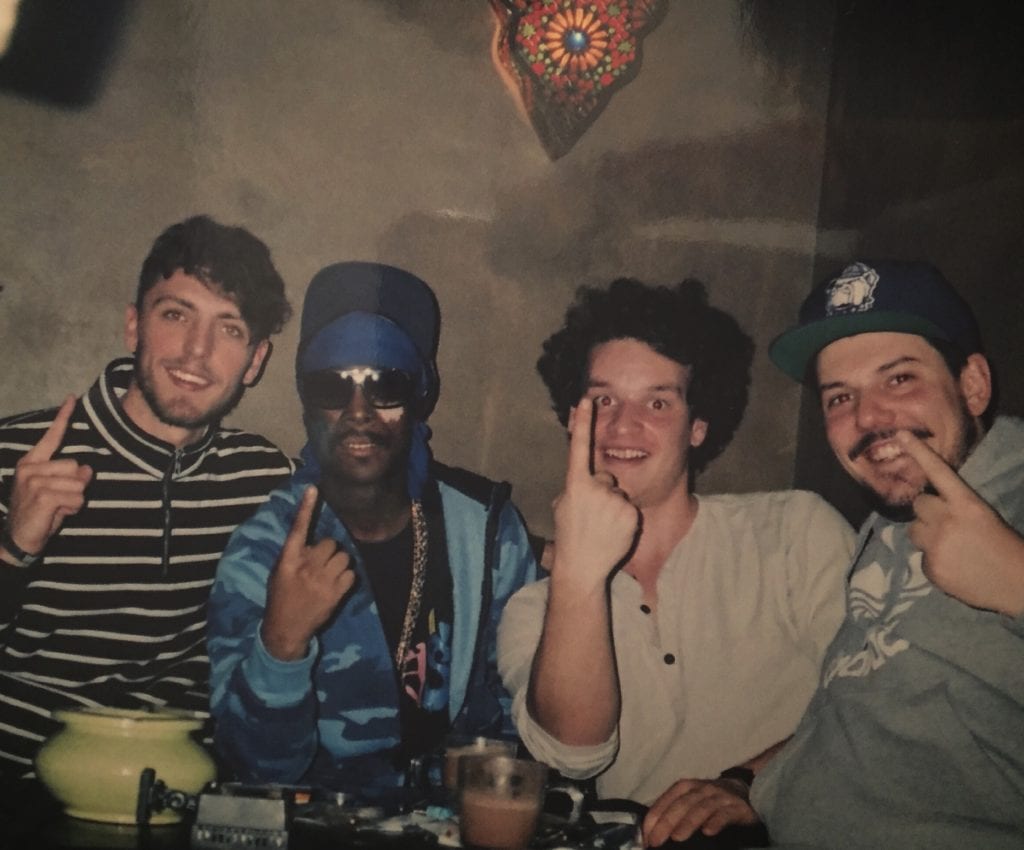
I think the moment none of us will ever forget is the clip of his son crying. That really hurt to see.
That was one bit we knew we wanted to include. I didn’t want to push it too far and didn’t just want to make people cry for the sake of it but that really underlined what happens here all the time with cancer. People lose their parents, their children, their loved ones. That is how you feel, you hurt, you grieve. Yes, Stormin had this great life in music but he’s left behind a family and children who’ll grow up without a dad. I didn’t want that to be lost in the story of how much of an interesting music life he had led.
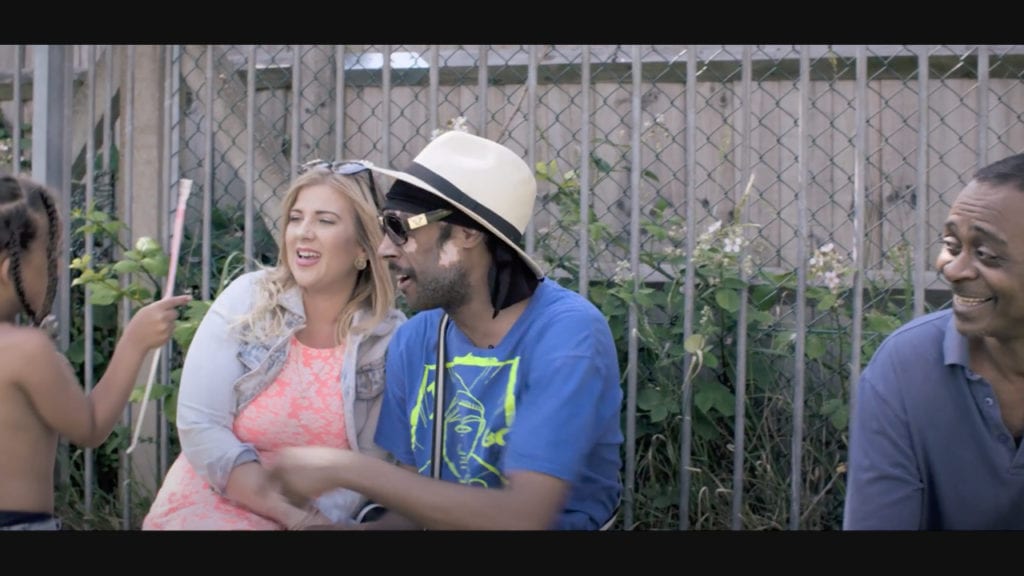
Totally. And a lot of that life was public. Those videos he did during his treatment were powerful at the time, even more so now, but they were also a massive resource for you to use in the documentary.
Definitely. He did half of the documentary for us with his Facebook Live videos. He was so open about things and answered a lot of the questions we’d have asked. He made the second half of the documentary himself all through Facebook Live.
So during his last months you guys held back and probably didn’t see him…
Yeah we didn’t see him at all for the last eight months. We tried once or twice but it was morally wrong to wave a camera in front of his face when he’s fighting for his life. We just wished him the recovery he was fighting so hard for. So, for me, the footage of the wedding gets me the most. Every time I watch it I’m welling up. To have that type of footage, which was such a touching and special moment for Shaun and his family, was a real privilege.
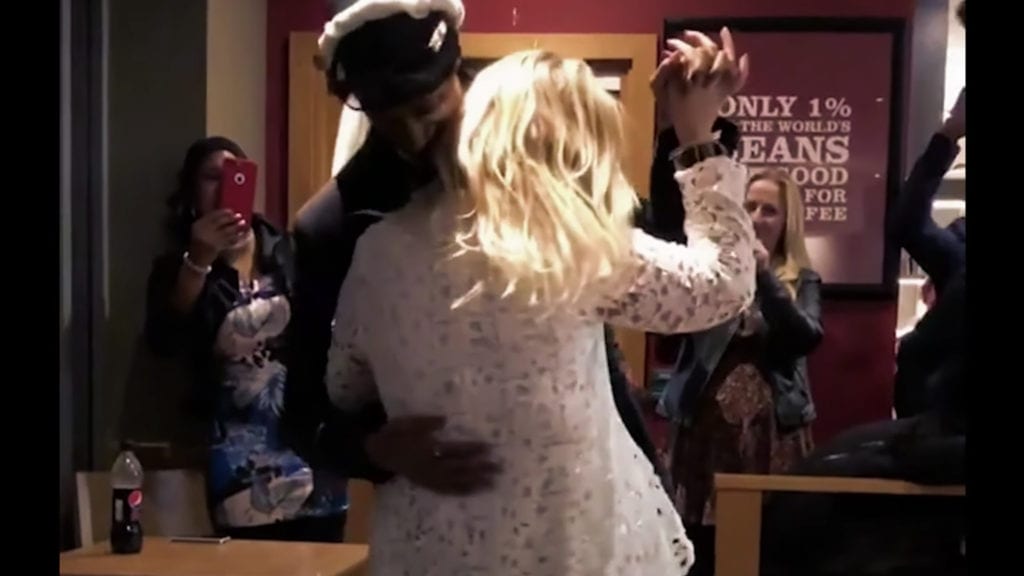
What did you take from Shaun personally? What was his first impression on you?
Character, absolute character. I’ll always remember when we linked up with him for the week to do our short uni interview. I was driving us all around in my little Vauxhall Corsa, we picked him up and I gave him the plan for filming for the week and he just screwed it up and said ‘No! This is what we’re going to do.’ And in two minutes he’d rung all these people and that’s how guys like Jammer and Spyro are in it. He organised the entire week, took us to his family’s houses, took us to his kids and all his friends. It was a lot better than we could have planned.
It also made it a hell of a lot more personal because of that.
Yeah, we wanted to make sure his personal story was the only focus. You didn’t have to be a grime fan or a drum & bass fan to appreciate his fight and what his family went through. We didn’t want to pigeonhole it so that everyone can relate to it.
We learn from everything we do and you’re still very new as a documentary maker, what did you learn from the whole process?
The most important thing we learnt about that was you just can’t rush these things. When you’re celebrating someone’s life but telling such a personal story you have to let it happen naturally and you stay true to the story and do it justice. We always knew we’d get it out but it was the case of making sure it would be the best and as true as it could be.
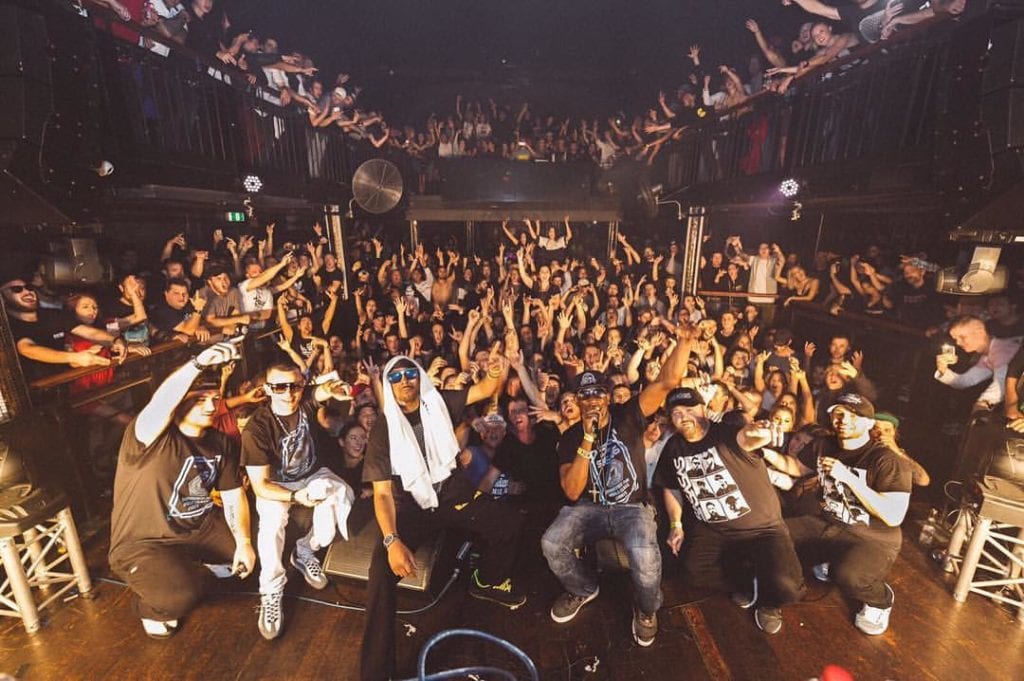
Let’s wrap up with another shout to Shaun’s family
I’m eternally grateful to Shaun and his family for letting us intrude in his life in the way we did. We were novices still in university when we started but they had faith in us. Hopefully the film has helped them grieve, knowing the world knows how much of a fighter Shaun was and how special he was but I think their faith in us was immeasurable to us.
Did they watch it first?
Yeah we did a private screening for them which was a weird one. There were a lot of laughs in the first 10 minutes but then the story develops and it’s told much more through them. From the point we no longer thought it right to be filming Shaun so personally, it’s told by them and by his videos and from that point the mood took a much more emotional tone because of how personal it was to all of them.
That second half is what gets people. The first half is him being him. But it was nice to get that done, I wanted them to see it before anyone else did. I wanted their seal of approval, I had to have that for it to come out. At any point any one of them could have said ‘no, that’s not how I want to be portrayed, that’s not what happened, I don’t like how you’re making people feel with this’ or anything like that and it would have been totally understandable if they did. When you’re dealing with such a personal story you’re always treading that tightrope but Shaun’s family showed us nothing but love and support and acceptance.
Kat was brilliant and approved everything every step of the way. That was so special to us and thanks to everyone who we worked with during this. Thank you.
